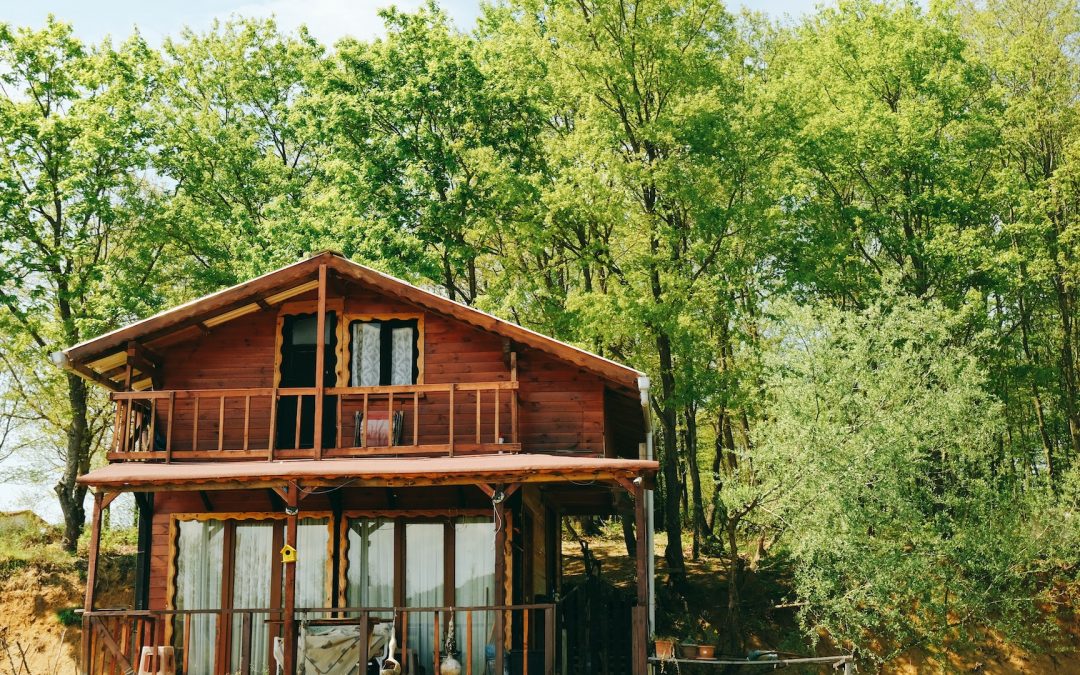Have you been considering purchasing a cottage or vacation home? Some of the rules surrounding cottages and second dwellings have changed in the last year even. If you plan on renting out your cottage, some alternative lenders and banks will now consider rental income as part of their mortgage qualification process. This is not guaranteed though, so let’s look at some information and guidelines you’ll want to know.
The down payment
The first and most important consideration when buying a rental cottage or vacation property is the down payment. You have to be straightforward with your lender on whether or not the property will be rented out and if this is the primary purpose. If you plan on doing this with your new property, be prepared to come up with a 20% down payment.
If you don’t plan on renting it out, you may get some leniency on the down payment percentage. In some circumstances, you may be able to use rental income towards the purchase qualification process. In this case, you do need that larger down payment upfront BUT the rental funds will boost your qualifying income!
Renting almost exclusively
Lenders and banks allowing buyers to use potential rental income to help qualify for their purchase of a rental cottage is a relatively new phenomenon. Since the pandemic, these types of rentals are becoming increasingly popular and lenders are seeing the legitimacy in these investments. That said, the data still has to support the decision. What does this mean?
If you’re buying a cottage with intending to rent it out, you’ll want to ensure it’s in an area where that’s already happening. The lenders will want some stats to show that there are indeed rental cottages in the area and that there’s a market for them. It’s tough to be the first person to do something unless you’ve got bottomless funds… it’s much easier to be the fifth! Like any real estate valuation, it’s always better for lenders to have something to compare against.
Half on, half off
If you’re purchasing a cottage or vacation property to rent it out part-time, you like won’t be able to leverage rental income the same way. From the lender’s perspective, rental income is an all or nothing proposition — the place is either a rental (and the income counts) or it’s not.
As we explained, the data in the surrounding area will have to support the ability for the property to even be rented (even if it’s not all the time). If you’re in this position, and were hoping for a peaceful cottage way out in the middle of nowhere, you may want to re-think the location if you intend on having it as a rental property.
An occasional rental
If you’re purchasing a cottage or vacation property intending to rent it out occasionally, you’ll want to think seriously about your purchase. In this case, the desire is to be living there the majority of the time and renting it out for the remainder. As we’ve stated before, rentals are all or nothing which means that if you plan on renting it, you’ll need to disclose that to the lender and you will be paying 20% down.
If you’re in this situation, definitely think about if it’s even worth trying to use rental income for qualification as this could potentially impact where and how you’d buy. In this type of case, it may not even be worth it to call the place a rental which instantly incurs a higher down payment and interest rates. Instead, the suggestion here would be to buy it not as a rental and then the location doesn’t matter as much.
Just a cottage
If you don’t intend on renting out your cottage and just use it personally instead, there are still some considerations to think about. From a mortgage perspective, there are two types of cottages. The first (Type A) is like a second home (all season, easily accessible, etc.) and you might be able to get away with a minimum down payment of around five percent. The second (Type B) is more of a traditional-style cottage (maybe three seasons, not as accessible, etc.) and will require ten percent down.
As you can see, there are plenty more moving pieces and things to consider when it comes to purchasing a cottage. Contact the Kyle Miller Mortgage Agent team today to learn more about your options!


Recent Comments